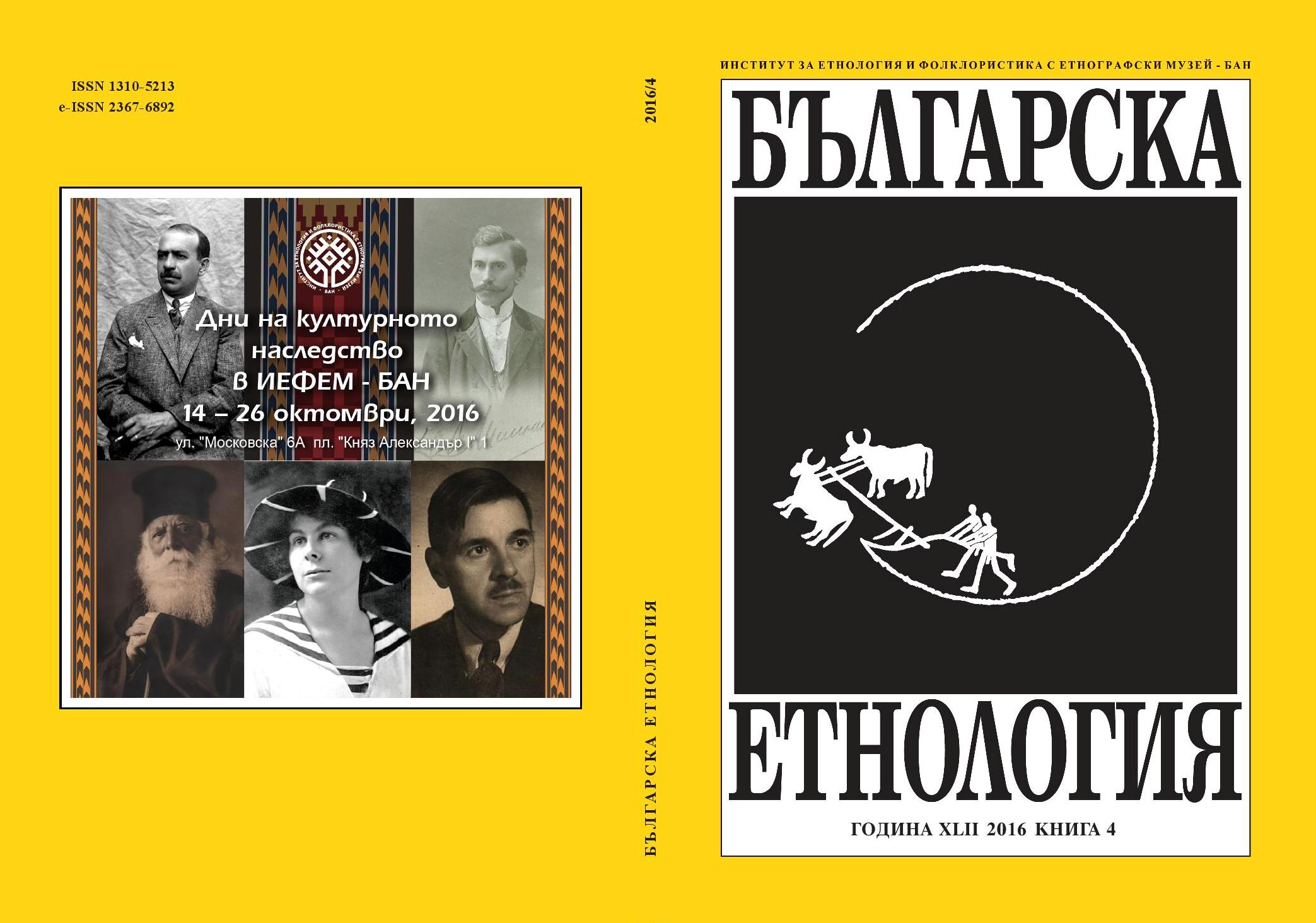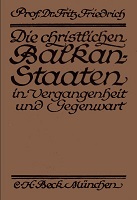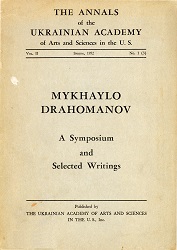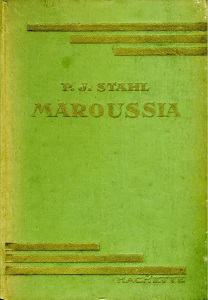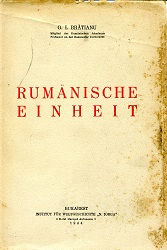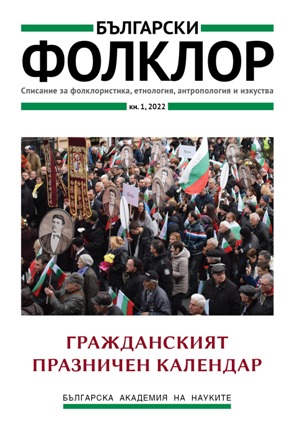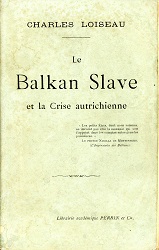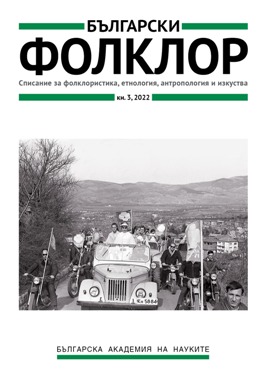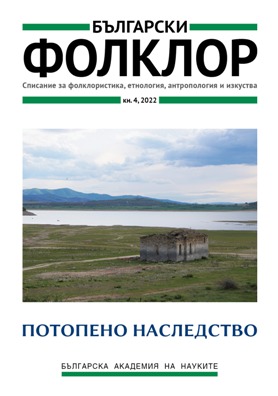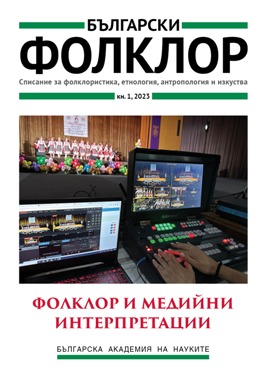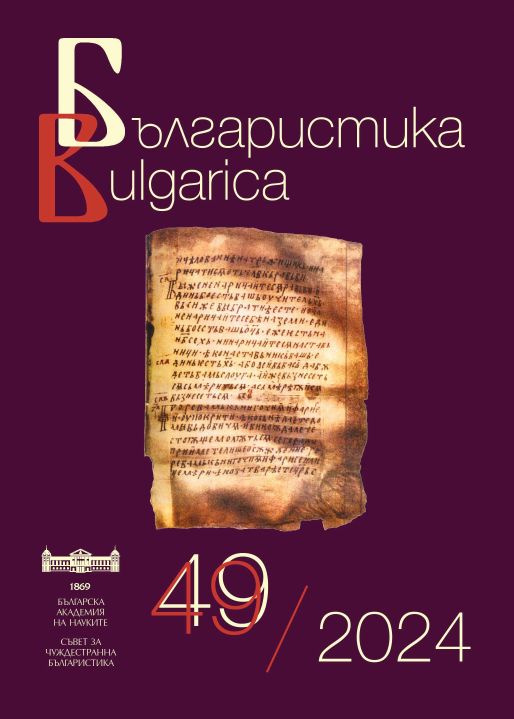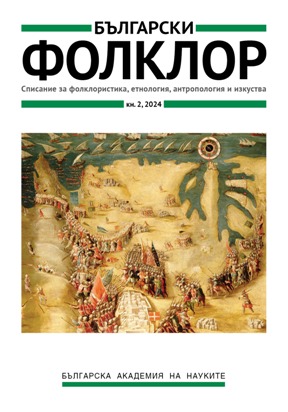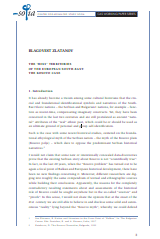
Faik Konitza, The Modernizer of the Albanian Language and Nation
Faik bej Konitza was an important figure of the Albanian National Movement. During the communist regime in Albania he was labelled a „reactionary,“ and therefore no studies could be undertaken on him. His main sin was to have served as minister in Washington, for King Zog I (1928–1939). With the end of isolationism and fall of the communist regime in 1990, the road for thousands of Albanians to leave the country and for Konitza to come back home, once and forever , was opened. His remnants were brought to Albania in 1995. His simple tomb in the park of the capital Tirana has thus fulfilled his last wish, to be interred in his „fatherland’s soil.“ I present him here as the subject of a case study for three main reasons. Firstly, he was one of the main figures of the second phase of the Albanian National Movement (1878–1912). This allows for some comparative approaches in relation to the „fathers,“ or the first generation of Albanian nationalist intellectuals, one of the most important among them being Shemseddin Sami Frashëri (1850–1904). Secondly, considering the discursive articulation and political instrumentalization of the concepts of folk, people, nation in the late 19th and early 20th centuries, it should be noted that Konitza, more than anyone else among Albanian nationalist intellectuals of his time, stressed the importance of an Albanian literary language in forging an Albanian nation.
More...
